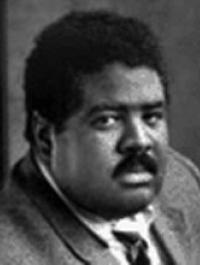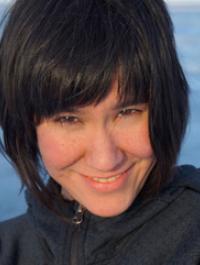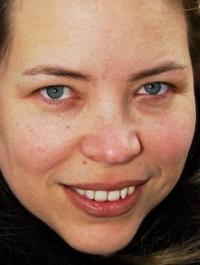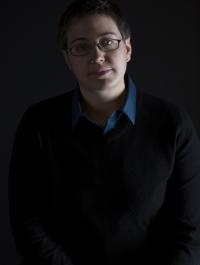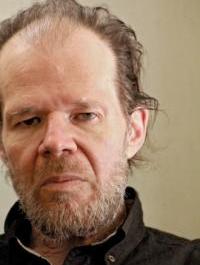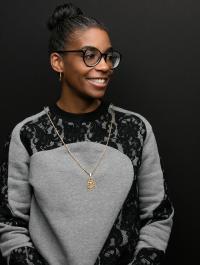Search All Winners
| Name Sort descending | Genre | Year | |
|---|---|---|---|
| Denis Johnson | Fiction | 1986 | |
| Adam Johnson | Fiction | 2009 | |
| R.S. Jones | Fiction | 1992 | |
| A. Van Jordan | Poetry | 2004 | |
| Dan Josefson | Fiction | 2015 | |
| Rajiv Joseph | Drama | 2009 | |
| Hansol Jung | Drama | 2018 | |
| Cynthia Kadohata | Fiction | 1991 | |
| Agymah Kamau | Fiction | 2003 | |
| Ilya Kaminsky | Poetry | 2005 | |
| Joan Naviyuk Kane | Poetry | 2009 | |
| Seth Kantner | Fiction | 2005 | |
| Mary Karr | Poetry | 1989 | |
| Douglas Kearney | Poetry | 2008 | |
| John Keene | Fiction | 2005 | |
| John Keene | Poetry | 2005 | |
| Brigit Pegeen Kelly | Poetry | 1996 | |
| Randall Kenan | Fiction | 1994 | |
| Randall Kenan | Nonfiction | 1994 | |
| Brad Kessler | Fiction | 2007 | |
| Laleh Khadivi | Fiction | 2008 | |
| Sylvia Khoury | Drama | 2021 | |
| Alice Sola Kim | Fiction | 2016 | |
| James Kimbrell | Poetry | 1998 | |
| Lily King | Fiction | 2000 | |
| Linda Kinstler | Nonfiction | 2023 | |
| Brian Kiteley | Fiction | 1996 | |
| Matthew Klam | Fiction | 2001 | |
| Kevin Kling | Drama | 1993 | |
| Wayne Koestenbaum | Nonfiction | 1994 | |
| Wayne Koestenbaum | Poetry | 1994 | |
| Samuel Kọ́láwọlé | Fiction | 2025 | |
| Tony Kushner | Drama | 1990 | |
| Natalie Kusz | Nonfiction | 1989 | |
| Suji Kwock Kim | Poetry | 2006 |
